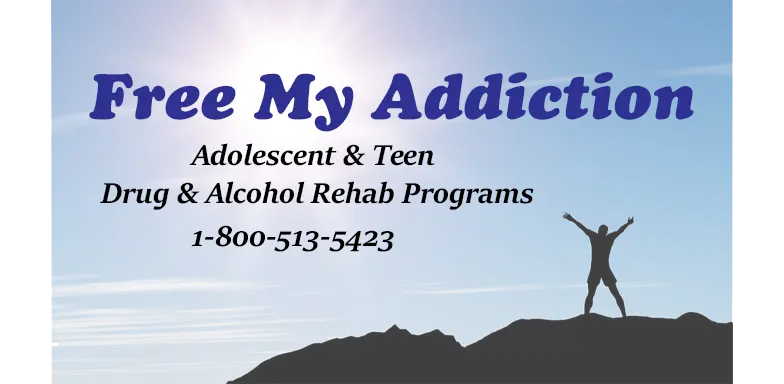Therapies

What Types of Therapies are Used at a Teen Drug Rehab Center?
Call now for 24/7 services. 100% confidential. Insurance accepted.
There have been many advances in therapy models that can help teens recover from addiction and behavioral problems. Most teen addiction professionals use a few different therapy models and styles of treatment to provide a specifically designed program that is tailor-made for each adolescent client.
Therapy Models
Cognitive Behavioral Therapy (CBT)
This treatment and therapy model reinforces the teen’s ability to make “healthy” changes in their lives by replacing destructive behaviors and thoughts with positive and self-affirming ones. CBT will help the youth build self-esteem and develop good decisions making.
Contingency Management
This is a relapse prevention program and is used to provide healthy choice incentives and rewards for sobriety milestones during treatment. Rewarding the right behavior teaches the students or clients that for every action, there is a reaction. Doing the right thing can have very beneficial rewards. This is used in conjunction with intense therapy, group, and individual counseling.
Dialectical Behavioral Therapy (DBT)
DBT is an evidence-based psychotherapy that began with efforts to treat personality disorders and interpersonal conflicts. Evidence suggests that DBT can be useful in treating mood disorders and suicidal ideation, as well as for changing behavioral patterns such as self-harm and substance use.
Multi-Systemic Therapy (MST)
MST’s therapeutic model aims to uncover and assess the functional origins of adolescent behavioral problems by altering the individual’s behavior in a manner that promotes prosocial conduct while decreasing aggressive/violent, antisocial, substance-using, and/or delinquent behavior by keeping the individual safely at home, in school and out of trouble. Treatment is used at the onset of behaviors that could result in (or have resulted in) criminal involvement by treating the individual within the environment that has formed the basis of the problem behavior.
Motivational Interviews
In recent years the substance abuse community practiced a very aggressive and confrontational style of therapy. This therapy had the main goal of systematically breaking down the teen’s will. MI or motivational interviewing has replaced this approach with outstanding results. The therapist and the youth work through problems together, as a team, to come up with the best possible solution for the problem at hand. The therapist is to provide encouragement and positive reinforcement in an environment that is conducive to positive change.
Relapse Prevention and Risk Assessment
Relapse prevention is very important to long-lasting sobriety for teens. Understanding the risks and triggers that lead to relapse can be the difference between sobriety and continued usage.
Group Therapy and Family Counseling
Individual therapy should be used in conjunction with family, and group therapy sessions. This will ensure a well-rounded program that will introduce the teen to peer support groups as well as family support reinforcement.
Peer group therapy will provide the necessary support and sense of belonging when dealing with a teen that isolates themselves. Group therapy is a supportive environment where the teen can be supported by their peers and express their greatest fears and pitfalls that can lead to relapse if unchecked. This will also give them a chance to support others and increase their own self-worth by helping others in their time of need. This type of therapy is a broad therapy model and included, but is not limited to, Equine therapy, wilderness training, adventure outings, and even some experimental therapies.
Finding the right program for your teen is just as important as finding out there is a need for correction. Making sure that your teenager has the best treatment to handle their addiction or behavioral problem should be your number one concern. We are here to help you find the right program and will explain in detail the options available to you when looking for a drug, alcohol, or behavioral modification program. Our service is free and so is the call.
If you need help for an adult in your life Addiction No More is a locator service for treatment programs for adults.

